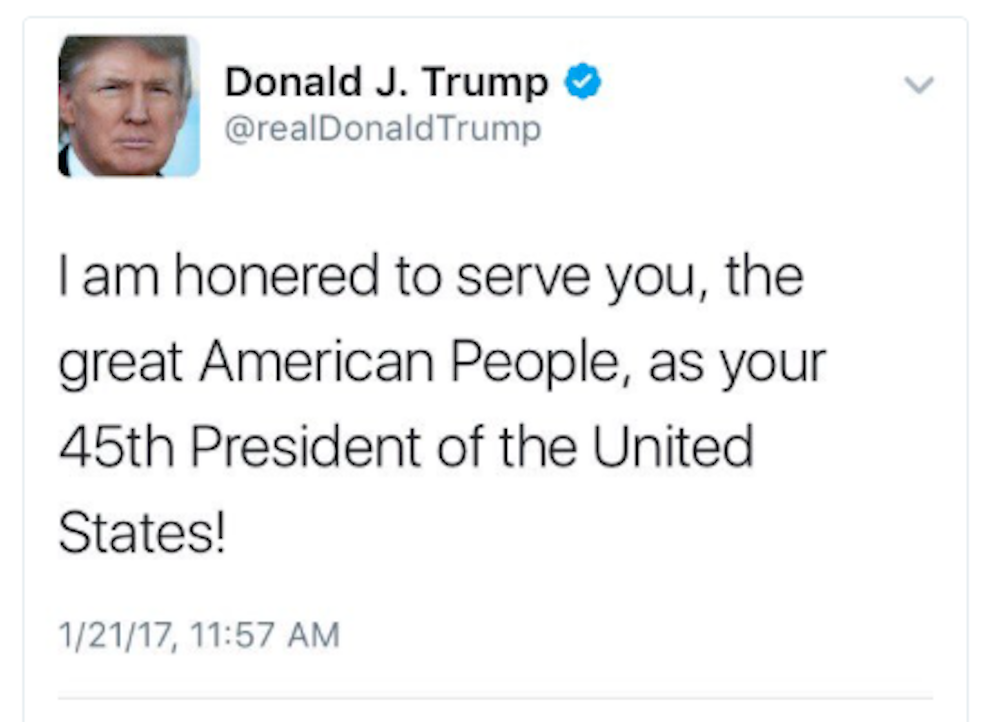
Dear Digital Immigrant,
An Introduction
I realize that I am addressing an audience that may not recognize their own identity, so I will begin by introducing myself: I am a digital native. I was born into technology and can’t remember a world without it. I’m fluent in Adobe Illustrator, thrive on Instagram, and can navigate Google better than the streets of my own hometown.
You, on the other hand, may be a digital immigrant: someone who didn’t grow up with a keyboard at your fingertips. Memes are a foreign dialect to you. The term VSCO girl may not exist in your vocabulary. You probably reminisce about the days where face-to-face interactions exceeded those on FaceTime, and understand how to use an actual, physical map...
Over the last two decades we have learned to coexist in this new digital space. We have seen an exorbitant amount of technological change which has reinvented the fabric of society and the structure of interactions. This technological renaissance appears to be exponential in scope, and honestly, I commend you for adapting.
(I assume you’ve adapted because you’ve reached this digital platform.)
However, in my experience, I have found that many digital immigrants that I interact with advocate for less technology use, as if a digital fast or screen famine will restore lost values to this iGeneration. You often suggest that we:
1. Go outside.
2. Read a book.
3. Hang out with friends.
4. Find a hobby.
5. Do anything to pull our glazed-over eyes away from a screen.
“Life was better,” you may think, “in the good old days.”
This is a Renaissance ideal: Ad Fontes, Latin for returning “back to the sources.” So, it makes sense that just as 15th century academics called for a renewed learning of classical humanism to restore a lost generation; the digital immigrants of this technological renaissance are advocating for a return to the basics.
Because this era can be characterized as a technological renaissance, your call to action is to be expected. Expected, but perhaps not effective. Allow me to present two reasons why:
We aren’t lost, and our sources are shifting.
We Aren’t Lost
The pulse of existence now rests in the digital. This has created a new public sphere, where innovation has flourished just as it did during the Enlightenment. We now have a web-based foundation that consists of wikis, links and code. Everything from transactions to relationships function in binary.
Conversation and advancement are no longer restricted or finite: ideas and learning are being crowdsourced and connected in ways we never thought possible. We have enhanced this knowledge market (first debuted in the 20th century Information age) that thrives on the continuity of the world wide web.
My proudest accomplishments could not have occurred without the technology I have access to. I have classmates who have created entire online portfolios that will land them their dream jobs. I have friends who have created lasting and happy relationships that began online. Being online isn’t disorienting, it’s liberating.
Our Sources Are Shifting
 Recently while doing some research as part of an English class assignment I learned that the Modern Language Association (MLA) has created a citation format for tweets. Yes, you read that right. Twitter, the informal, microblogging hub for political and social debate, is now a valid academic source.
Recently while doing some research as part of an English class assignment I learned that the Modern Language Association (MLA) has created a citation format for tweets. Yes, you read that right. Twitter, the informal, microblogging hub for political and social debate, is now a valid academic source.This is direct evidence that our sources are shifting. Not just dissertation citations, but the source of our society. Going “back to the sources” cannot mean returning to a time where technology does not exist. That is both impossible and ineffectual. There is too much good that comes from the internet to shy away from it now; think about where we would be without such advancements!
A Concluding Invitation
I implore you to realize that technology is beneficial. As a digital native, I am learning to harness the internet into a tool that will build the world around me; the digital is where my sources lie. I understand that on the outside, my continual use of the technology I possess may appear to be fruitless. However, please don’t correlate my stationary body to a stationary mind. What I am doing is not mindless.
Renaissance leader Niccolò Machiavelli once said: “One change always leaves the way open for the establishment of others.” We as digital natives are going to rely on technology to make those changes.
Consider this a digital olive branch to join with us.
Sources:
Purdue Writing Lab. “MLA Works Cited: Electronic Sources // Purdue Writing Lab.” Purdue Writing Lab, https://owl.purdue.edu/owl/research_and_citation/mla_style/mla_formatting_and_style_guide/mla_works_cited_electronic_sources.html.

This post hit the nail on the head with relevant pop culture-seeming references alluding to the technological movement that brings along with it pushback from the older generation of “digital immigrants”. Being a Media Arts Studies major, I have definitely been able to first-hand study the impacts of a technological growth and shift, especially when it comes to film and media. In your post, you mentioned how our sources are shifting-- our new public sphere -- has changed into the digital sphere. The example you gave was of the Modern Language Association created a format for tweets, accommodating the ever-growing need for scholarly work to have a more formal way to reference and cite less formal social media platforms.
ReplyDeleteThis seems similar to the way cinemas hit a blow in the 1970s. Ticket sales were at a major decline, and the future of the theater looked grim. The blockbuster movies came along, and helped out with that recession of sorts, but in today’s time, we see this happen again: Streaming services now push for the public’s attention and priority on entertainment specter.
You also mentioned how many digital immigrants advocate for less technology use. Which, I agree, is illogical and an almost irresponsible way of thinking. That’s not to say personal, in-person interactions lose their value, but to push aside the growing power of the digital sphere is regressful. Technology is not going anywhere anytime soon, so the best thing to do is to adapt.
I also liked how you included, in a way, counterarguments. Your links to digital immigrant suggestions for the IGeneration provide an explicit list of ideas, but then go back and refute themselves with the links you provided.
First of all, congratulations on a well-written post. I loved the consideration you had for your audience while you made your points, and all of the great support you provided. There is one question that I have after reading; how do you feel about the balance between advancement and ad fontes?
ReplyDeleteClearly, your essay points out that it cannot be rational to dismiss the new public sphere. Would you agree that we cannot dismiss times past by same appeals made by the scholars and humanists such as Petrarch? I suggest that we internet natives embrace the new worlds that we are exploring, while learning from the worlds that we are leaving behind. The digital immigrants have a lot to offer in the way of our education in this area. So much happened in the Modernist era of the 20th century that shapes and directs our continuing efforts to understand the people we share this world with.
Overall though, the entire post is very well-constructed. Thank you so much!